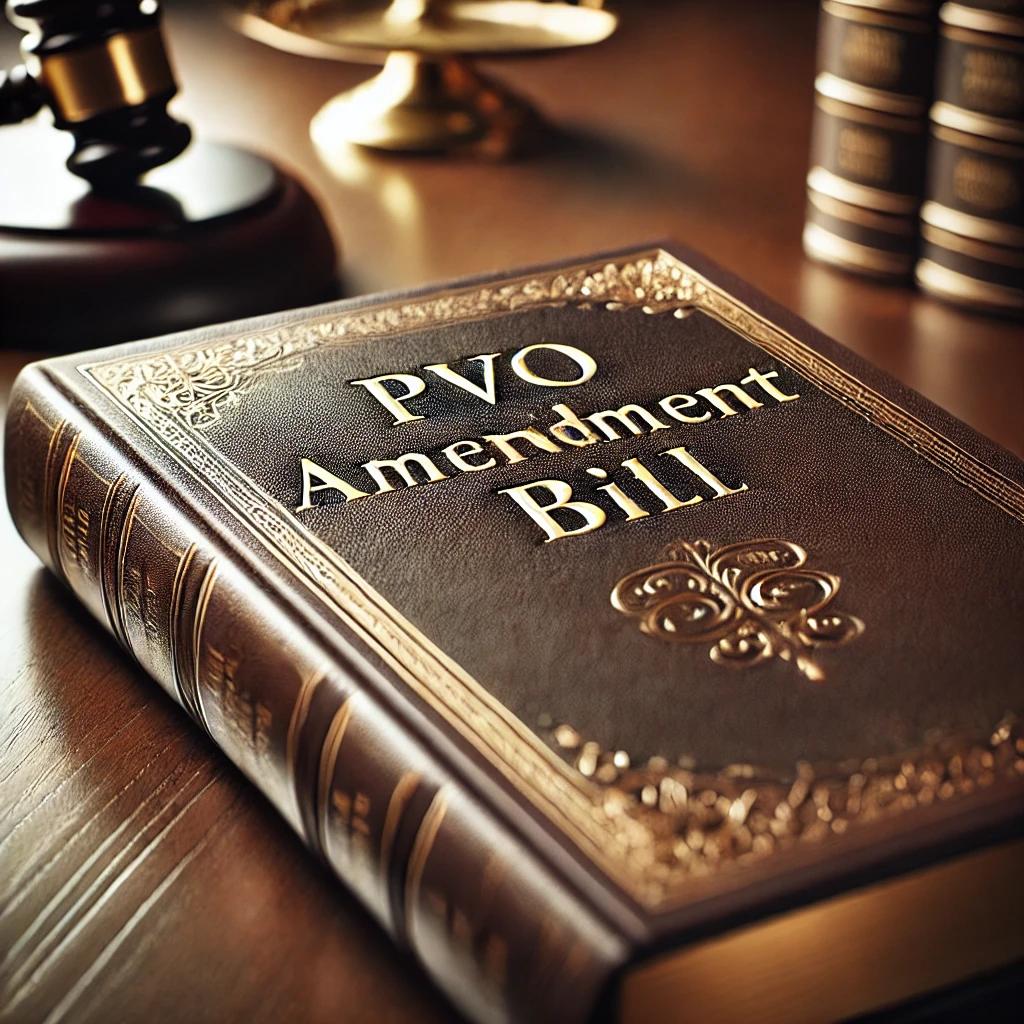“What’s the Next Stage for the PVO Amendment Bill? Key Updates and Timeline”
By Daniel Chigundu
The Private Organisations Amendment Bill (PVO Bill), which sailed through both houses of Parliament (Senate and National Assembly) last week, is now set to be sent to President Emmerson Mnangagwa for assent and signature.
Bills must be signed by the President to become Acts of Parliament and take effect.
An Act of Parliament is essentially a Bill that has been presented to and passed by Parliament and then assented to and signed by the President per the Constitution.
According to Section 130(5) of the Zimbabwean Constitution, laws passed by Parliament must be presented to the President without delay.
Section 130(5) states: “After a Bill has been passed by both Houses in accordance with the 5th Schedule, the President of the Senate or the Speaker, as the case may be, must without delay (a) cause it to be presented to the President for assent and signature, together with any certificate which is required by the Constitution to accompany the Bill…”
When will the PVO Bill be presented to Mnangagwa?
This means that the PVO Amendment Bill, which was passed by the Senate last week, could be sent to President Emmerson Mnangagwa at any time.
The Senate President or Speaker of the National Assembly is compelled by Section 130(5)(b) to “give public notice of the date on which the Bill was sent to the President.”
It is not automatic that President Emmerson Mnangagwa will sign the PVO Bill into an Act of Parliament.
The Constitution provides that he can reject the Bill and send it back to Parliament for reconsideration if he has reservations.
In the past, he refused to sign the Mines and Minerals Bill. He also rejected the first proposed PVO Amendment Bill before sending them back to Parliament.
However, if he decides to sign it into law, Section 130(6) of the Constitution gives him only 21 days after receiving the bill from Parliament to do so.
Section 130(6) states: “When a Bill is presented to the President for assent and signature, he or she must within 21 days either (a) assent to it and sign it, and then cause it to be published in the Gazette without delay; or
“(b) if he or she considers it to be unconstitutional or has any other reservations about it, refer the Bill back to Parliament through the Clerk of Parliament, together with detailed written reasons for those reservations, and request that the Bill be reconsidered.”
When will the PVO Amendment Bill come into effect?
Section 132 of the Zimbabwean Constitution deals with the commencement of Acts of Parliament. It says Acts could come into effect at the beginning of the day they are published in the Gazette. They could also start on any other day specified in the Act or another enactment.
“What’s the Next Stage for the PVO Amendment Bill? Key Updates and Timeline”



